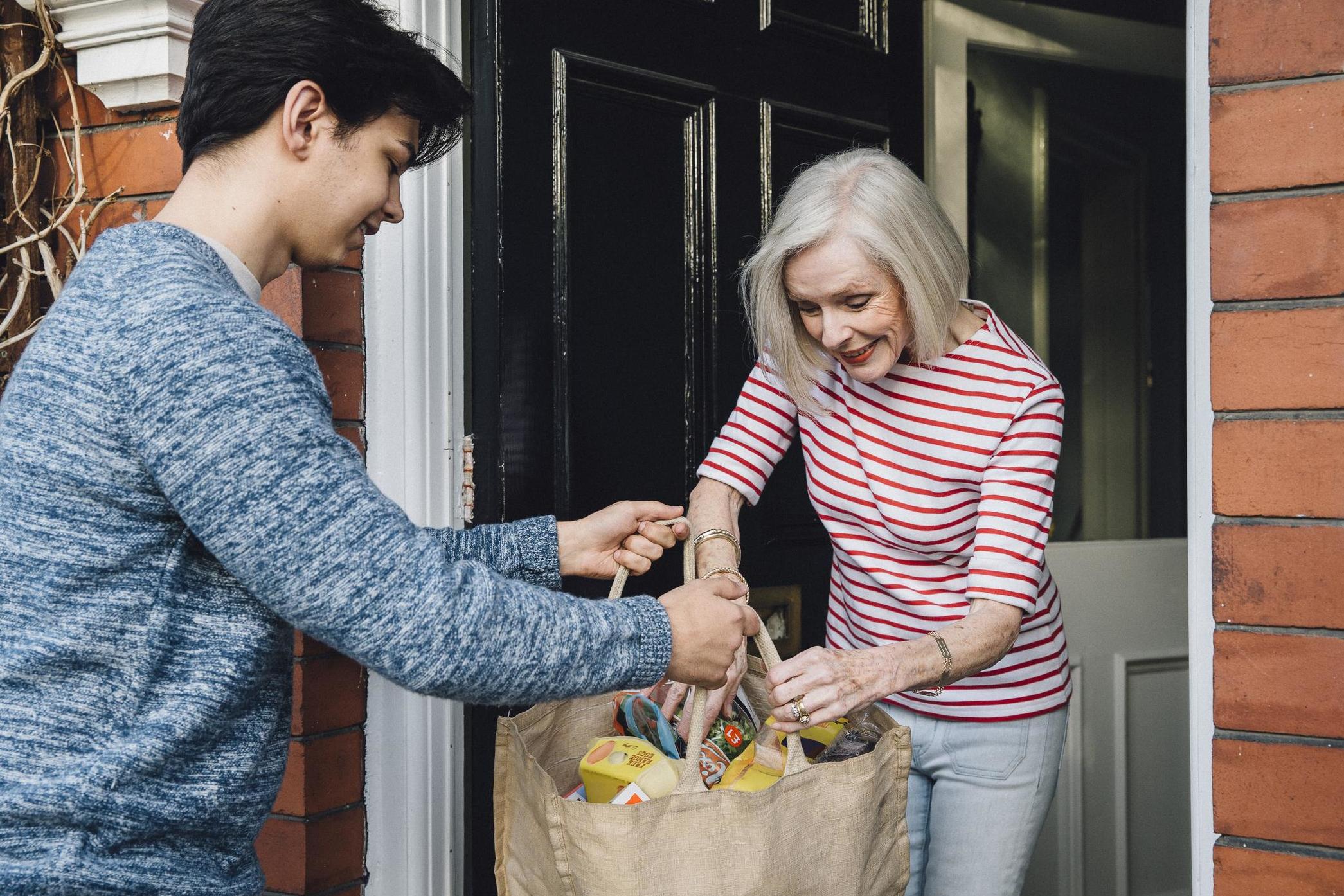Teenagers who help strangers are more confident, study finds
'Tis the season to be kind

Selfless behaviour could boost confidence in teenagers, new research has found.
In a longitudinal study conducted at Brigham Young University, Utah, scientists noted that adolescents who exhibited prosocial behaviour towards strangers had higher self-esteem a year later.
The same effect was not reported in those who showed similar behaviours - such as helping, sharing and comforting - towards their family and friends.
“This study helps us to understand that young people who help those with whom they do not have a relationship report feeling better about themselves over time,” explained the study’s co-author, professor Laura Padilla-Walker.
“Given the importance of self-esteem during the teen years, this is an important finding,” she added.
“It suggests there might be something about helping strangers that impacts one’s moral identity or perceptions of self in a more significant way than helping friends or family members, although these are beneficial behaviours as well.”
Padilla-Walker and her team of researchers examined the behaviour of 681 adolescents between the ages of 11 and 14.
They tracked their measures of self-esteem over a three-year-long period and had participants repeatedly respond to a series of 10 statements such as “I am satisfied with myself” in order to establish how their levels of self-esteem changed during this time.
They concluded that participants showed higher levels of self-esteem after just one year of prosocial behaviour.
The teens’ levels of prosocial behaviour were monitored via self-reports, where participants were asked to respond to statements such as “I help people I don’t know, even if it’s not easy for me.”
"Not all helping is created equal, and we're finding that prosocial behaviour towards strangers is protective in a variety of ways that is unique from other types of helping,” Padilla-Walker explained.
She added that prosocial behaviour could be particularly beneficial for teens who tend to focus on themselves and that helping those who are less fortunate than they are may benefit them as much as those they are helping.
"It is best if teens can directly see the benefit of their help on others. This can increase gratitude in young people and help them to focus less on their own problems.”
Such behaviour will also encourage them to meet new people, which will also boost confidence levels, she concluded.
Join our commenting forum
Join thought-provoking conversations, follow other Independent readers and see their replies
Comments
Bookmark popover
Removed from bookmarks